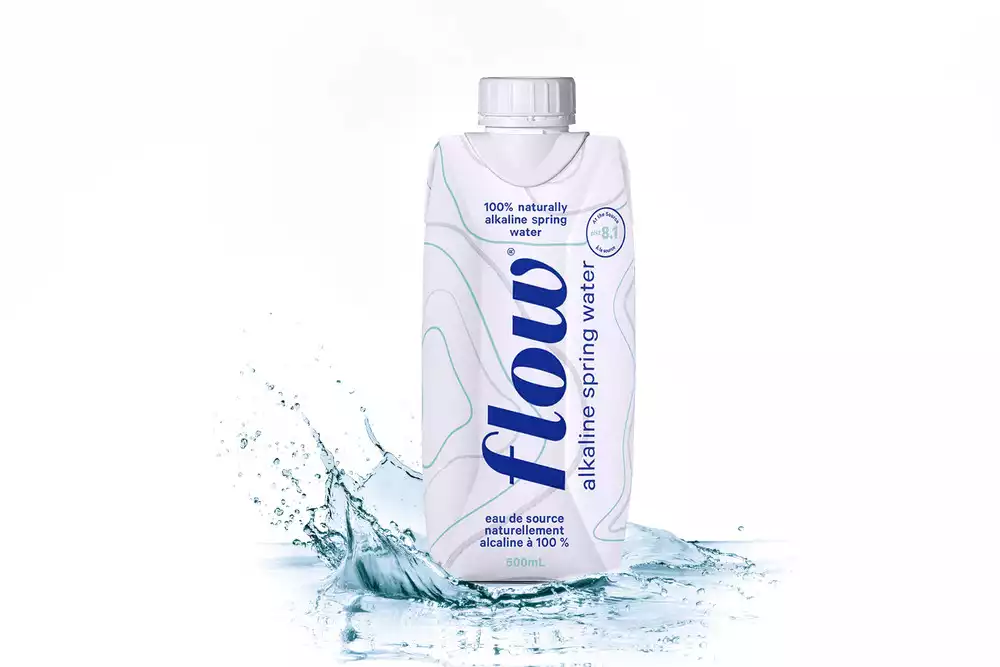What does healthy hydration look like?
Keeping the body hydrated is crucial for optimal health. Every cell in our body requires water. It is needed for blood cells, brain function, detoxification and digestion. Water impacts our moods, keeps our skin looking and feeling young, promotes oral health, and assists the heart and blood in transporting oxygen throughout our body.
Our body has the amazing ability to regulate bodily fluids through electrolytes — they control both water balance and cell hydration. But electrolytes can only be obtained by what we eat and drink. When our electrolyte balance is off, we can easily become dehydrated, or overhydrated. This is why it’s important to consume food and beverages that naturally contain sodium, magnesium, and potassium.
The average adult will turn over approximately 1.7 to 2.3 litres of fluid per day through breathing, sweating urine and bowel movements.
- 250 ml of fluid per day is lost from breathing
- 500-900 ml of fluid is lost through the skin (sweating)
- 500-1400 ml per day is lost through urination
- 200 mg is lost through bowel movements
- Vigorous exercise contributes to 1-5 ml of fluid loss per minute (0.5 to 2 litres per hour)
As a simple rule of thumb, the recommended daily intake of water is 35 ml of water per kilogram of body weight.
As an example, a person who weighs 70kg:
- 70kg x 0.035 L = 2.45 litres of water per day
If you find you are drinking this much water (or more) yet you find yourself thirsty, bloated, lethargic, or that you are suffering from water retention, this may not be because you’re not drinking enough water. You’re likely not receiving enough hydration due to your diet!
Eating a diet rich in organic, leafy green vegetables, fruit, and unprocessed whole grains free from preservatives and artificial flavours and colours is the best way to ensure you’re consuming sufficient vitamins and trace minerals like magnesium, potassium, and sodium.
